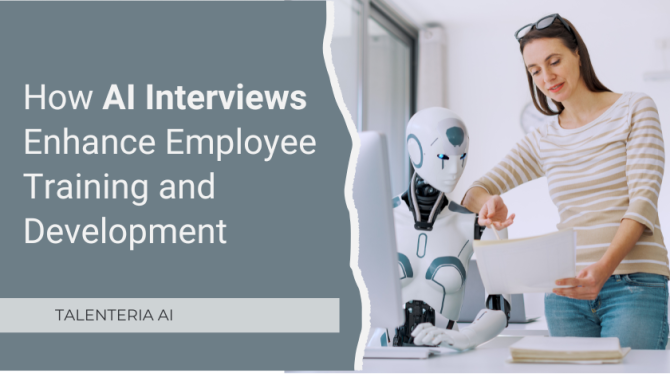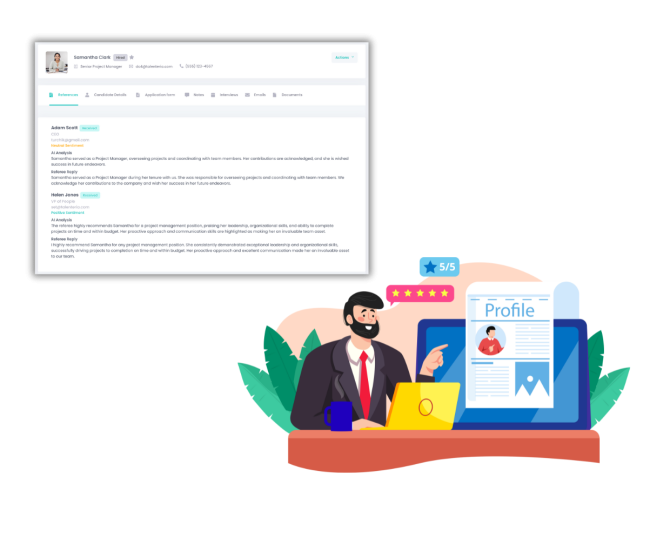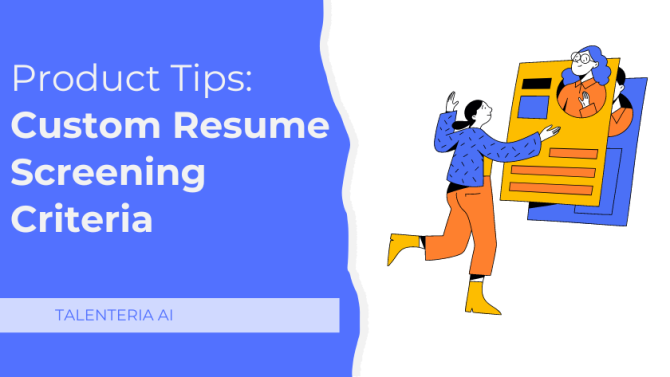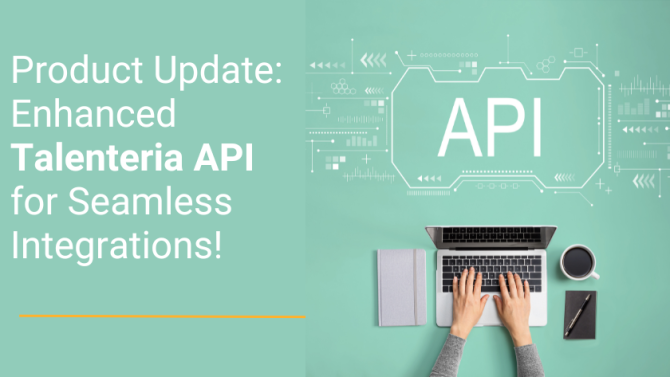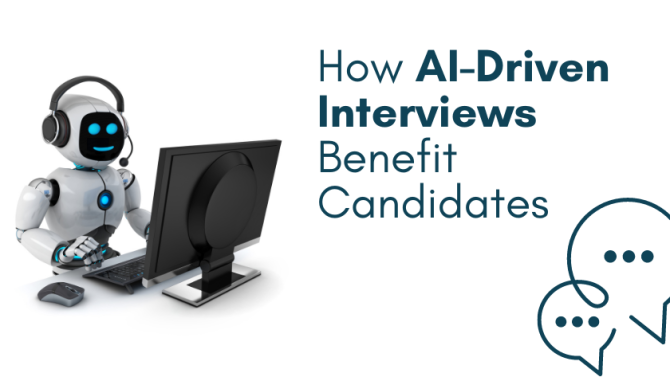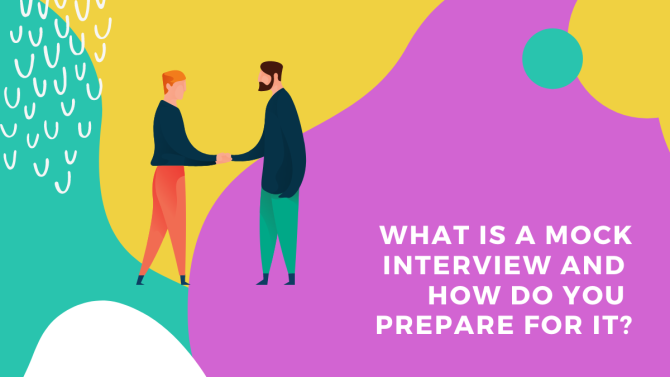
A large percentage of candidates does not pass the job interview stage. If you do not want to lose your chance of getting the desired job position, it is essential to prepare for interviews. The problem is that even if you are theoretically ready for the conversation with a potential employer, the stress of a new situation can have a significant negative impact on your performance. Thus, practice is still the ultimate tool for preparation.
You can actively go to actual company interviews to train this skill, but this option is time-consuming and lacks feedback. However, there is still a solution: mock interviews.
What Is a Mock Interview?
A mock interview is a simulation of an actual conversation with an HR specialist for the desired job position. The critical difference is that the participant would not only train the skill of participating in job interviews but also receive feedback and advice on what needs improvement.
Benefits of Mock Interviews
The mock interview approach is excellent for developing the candidate’s performance at job interviews and avoiding repeating the same mistakes in the future. Here are some of the skills the interviewee can improve during a mock interview:
- Confidence
- Familiarity with the course of an interview
- Effective responses
- Verbal and nonverbal communication
After receiving feedback, you will also get an insight on how to analyze your performance as an interviewee.
Examples of Mock Interview Questions
A professionally conducted mock interview will prepare the candidate to answer a set of questions tailored for a specific specialization. Thus, the questions asked at a mock interview vary depending on your potential employment sphere, the job position you are aiming for, and its type (office, remote, full-time, part-time, etc.)
However, some questions are standard among employers and, consequently, are common for mock interviews as well. We have collected the 3 top practice interview questions you may encounter, regardless of your specialization.
Tell Us About Yourself
Since it is a broad question, candidates are prone to vagrancy when answering it. They talk about their professional life in general terms and end up rephrasing their resume. However, it gives little value to the interviewer.
To successfully reply to this question, tell your story, but make sure it has a clear structure, such as:
- Introduction: A quick summary of your career.
- General information: A list of approximately three points with your top skills and achievements relevant to the role.
- Conclusion: Finish your story on a high note with a brief explanation of why you apply for the job.
Why Should We Hire You?
Do not let this question discourage you. You have been invited to the interview, which means you are one of the deserving applicants. Consider it as an opportunity to share your achievements. For instance, you can tell how you solved challenges during your previous employment or explain how your skills fit the job description.
What Are Your Strengths and Weaknesses?
When coming for an interview, many candidates may be lost for words when being asked to highlight not only their advantages but also their downsides as potential employees.
When it comes to weaknesses, you need to minimize your negative sides by making them less weighty. You can talk about:
- Excessive self-criticism
- Difficulty saying “no”
- Fear of public speaking
As for the strengths, try not to exaggerate and be honest. You can mention:
- Skills gained through self-improvement, such as the software you have mastered, the languages you have learned, the courses you have completed, etc.
- Character traits that help you work better, including your organization skills, analytical thinking, communicativeness, and more.
- Personal qualities. Take a moment to mention how punctual, creative, and reliable you are.
Other questions may include the following:
- What do you like to do in your spare time?
- How do you see yourself five years from now?
- Why are you interested in this opportunity?
- What do you enjoy more: teamwork or individual tasks?
- Do you have any questions about the company or the position?
How to Prepare for a Mock Interview
Even though the mock interview definition implies it is a demo version of a real meeting with an HR, it requires preparation. In fact, it is an excellent idea to get ready for a mock interview using the same strategies as you would for the real one. Here are some tips:
- Find out as much as possible about the company and the job position you are aiming to receive.
- Confirm with the recruiter whether you need to bring a printed portfolio, resume, or a laptop for a test task, if applicable.
- Prepare answers to frequently asked questions, as mentioned in the previous section.
- Remember to prepare questions for the employer. Think carefully about what is essential for you to find out in advance, such as training opportunities, career growth prospects, corporate culture, and internal rules.
- Take care of yourself. Have enough rest before the interview, select an attire that fits the dress code and boosts your confidence.
When researching what is a mock interview and preparing for the experience, don’t forget to try to ease your stress. This shouldn’t be a scary experience. Rather, it is an excellent opportunity to learn and receive feedback! And if you are an HR manager who is looking to incorporate mock interviews into your hiring process, check out the Talenteria recruitment tool suite – our intuitive platform can help you plan the ideal talent recruitment strategy.
